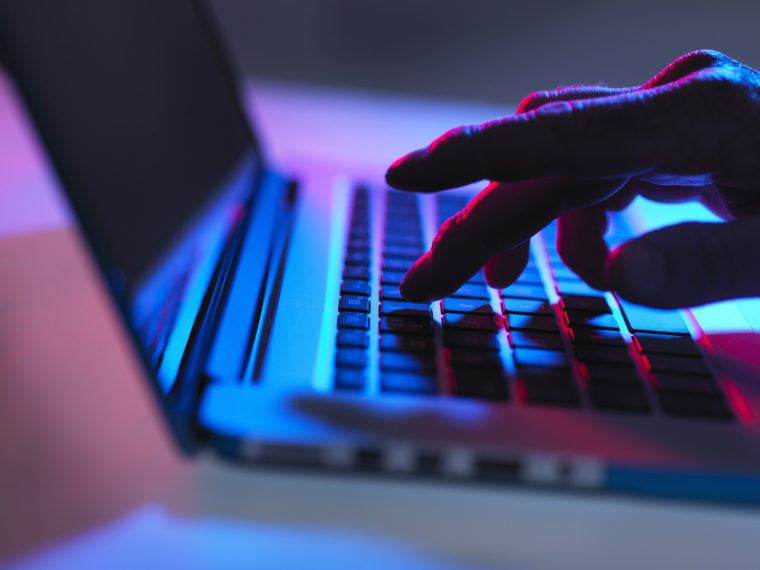Halfway through his first year in the White House, Donald Trump had a private chat with Russian President Vladimir Putin, after which the Republican announced plans to partner with Russia on an "impenetrable Cyber Security unit."
Evidently, the American president believed that forging some kind of cyber-security partnership with the country that had just launched an attack on U.S. elections would somehow serve our interests.
This was, of course, completely bonkers, and Trump quietly backed away from his apparent plan. Nevertheless, this came to mind overnight, following evidence of Russian hackers breaching U.S. government agencies. NBC News reported overnight on the intrusion, which appeared to be "part of a Russian intelligence campaign aimed at multiple U.S. agencies and companies, including the cybersecurity company FireEye, officials said Sunday."
A Commerce Department spokesman confirmed a breach, saying it occurred at an unidentified bureau.... The White House National Security Council also confirmed that it was looking into another potential intrusion at the Treasury Department after Reuters reported that foreign government-backed hackers accessed internal government emails.
Not surprisingly, there are several key elements of this new story that are not yet clear, including what the hackers may have obtained and for what purpose.
But Chris Painter, State Department cyber coordinator in the Obama administration, spoke to the Washington Post yesterday, and noted that even if the intrusion was part of a routine espionage campaign, the scope of the effort is broad enough to warrant consequences. "We just don't have to sit still for it and say 'good job,'" told the newspaper.
Sanctions might be one answer, especially if done in concert with allies who were similarly affected, he said. "The problem is there's not even been condemnation from the top. President Trump hasn't wanted to say anything bad to Russia, which only encourages them to act irresponsibly across a wide range of activities." At the very least, he said, "you'd want to make clear to Putin that this is unacceptable — the scope is unacceptable."
As of now, there's been no public condemnation from the White House of this significant hack, naturally leading to questions about Trump's latest weakness toward his benefactors in Moscow.
Update: The list is growing: "The Department of Homeland Security is the third federal agency to have fallen victim to a major cyberespionage campaign by the Russian government, joining the Treasury and Commerce departments as targets that have been compromised, officials said Monday."
Perhaps the outgoing president's recent decision to fire Christopher Krebs, the nation's top cybersecurity official, wasn't a good idea?

